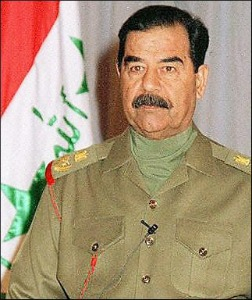The Israeli military's spokesman has contradicted Prime Minister Benjamin Netanyahu's goal of completely eradicating Hamas, highlighting a growing rift between the Israeli leadership and the military. Rear Adm. Daniel Hagari, speaking to Israel’s Channel 13 News on Wednesday, stated that the prime minister's objective is unrealistic and misleading.
“This business of destroying Hamas, making Hamas disappear – it’s simply throwing sand in the eyes of the public,” Hagari said. “Hamas is an idea, Hamas is a party. It’s rooted in the hearts of the people – whoever thinks we can eliminate Hamas is wrong.”
Hagari’s remarks align with assessments from US intelligence and military officials, who have also concluded that eradicating Hamas is not feasible. A US intelligence community report released in March indicated that Israel is likely to be engaged in conflict with Hamas for many years.
Netanyahu’s office responded by reaffirming the prime minister's commitment to dismantling Hamas’ military and governing capabilities, emphasizing the Israeli military's dedication to this goal.
This dispute is part of a broader discord within the Israeli government and military. Recently, Netanyahu criticized the Israel Defense Forces (IDF) for pausing operations in Rafah to allow humanitarian aid, calling the decision “unacceptable.”
Additionally, former IDF general Benny Gantz withdrew from the war cabinet over disagreements with Netanyahu about a hostage release agreement, prompting Netanyahu to dissolve the war cabinet entirely.
Further tensions have arisen over a proposed law that would end the military service exemption for the Israeli orthodox community, a controversial measure that has caused friction within Netanyahu's political coalition.
Israel continues to engage in conflict on multiple fronts, including operations in Gaza, the West Bank, and a tit-for-tat war with Hezbollah in Lebanon. US officials worry that these conflicts could escalate, potentially drawing Washington into a broader war. Analysts suggest that Netanyahu views ongoing conflict as crucial to his political survival amid public scrutiny and multiple corruption scandals.

















